Talk Overview
Actin forms many cellular structures and regulates a variety of critical biological processes. Dr. David Drubin’s lab focuses on studying actin in the context of membrane trafficking. In his first iBiology seminar, Drubin recounts seminal research done using the intracellular pathogen Listeria that uncovered how the bacteria harnesses phagocytosis and actin polymerization to facilitate motility. These initial studies led to the discovery of key regulators of actin filament formation including Arp2/3 and N-WASP. Advances in yeast genetics, biochemistry and imaging then allowed Drubin and others to expand their studies to actin dynamics and endocytosis in yeast.
In part 2, Drubin describes how his lab began studying actin dynamics and endocytosis in yeast using two-color, real-time fluorescence and kymographs. These tools enabled his team to confirm that actin regulated clathrin-mediated endocytosis. They discovered that BAR and F-BAR proteins stabilized the process by acting as a scaffold for actin and facilitating invagination and fission of the cell membrane to develop vesicles.
Next, Drubin explains how he and his lab transferred their knowledge of endocytosis in yeast to determine how actin dynamics are harnessed to drive endocytic traffic in mammalian cells. In mammalian cells, his team observed the importance of actin-dynamin interactions in clathrin-dependent endocytosis. Interestingly, they found variability in endocytic site morphology and dynamics. Studies using stem cells suggested that this diversity in actin-mediated endocytosis is important for determining cell identity and development.
In his final talk, Drubin explains how endocytosis can be used as a system to dissect the mechanisms of actin dynamics in yeast. He focuses on his lab’s research on three key processes: actin disassembly, filament capping and Arp2/3 nucleation. By giving an overview of the importance of actin dynamics in regulating a single cell process, endocytosis, Drubin highlights the crucial role of actin assembly and disassembly in both yeast and mammalian cells.
Speaker Bio
David Drubin
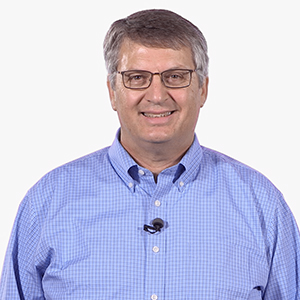
Dr. David Drubin is currently based at the University of California, Berkeley where he is co-chair and professor in the department of molecular and cellular biology (MCB) and professor in the division of cell and developmental biology. He runs a joint lab with Dr. Georjana Barnes. His group studies actin-mediated membrane trafficking. Drubin’s first stay… Continue Reading
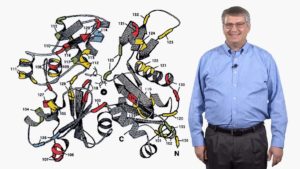
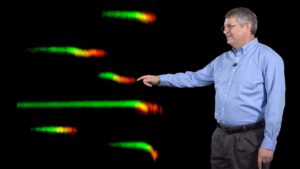
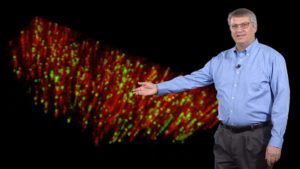
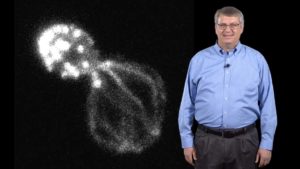
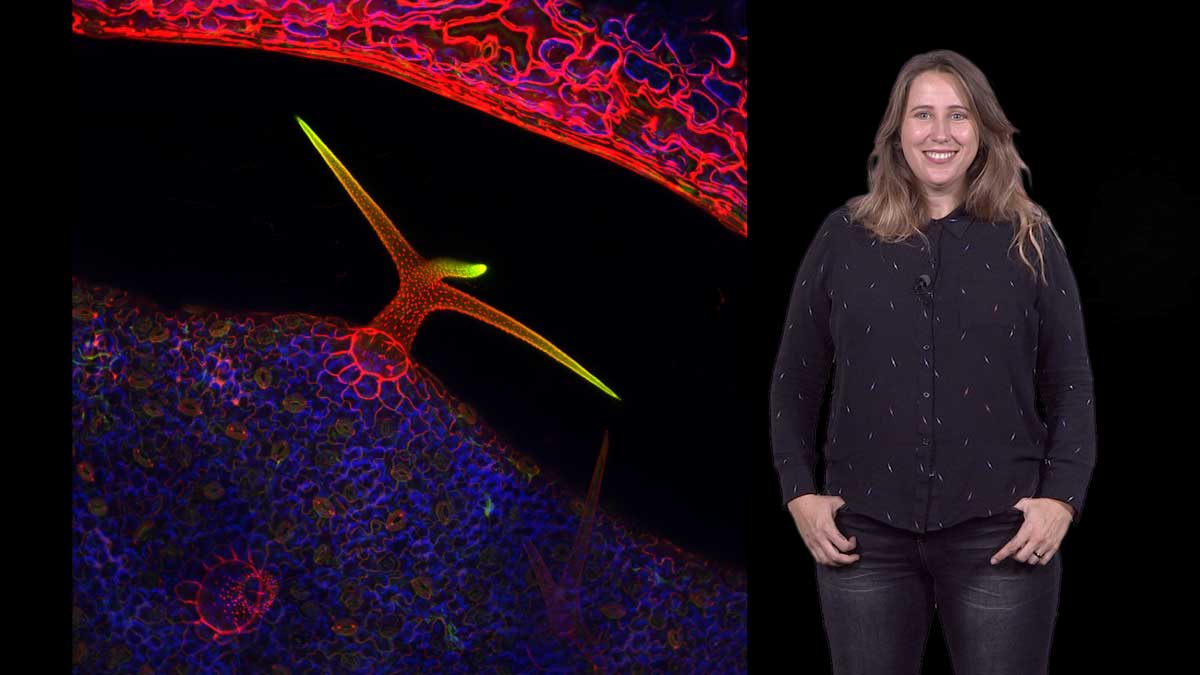
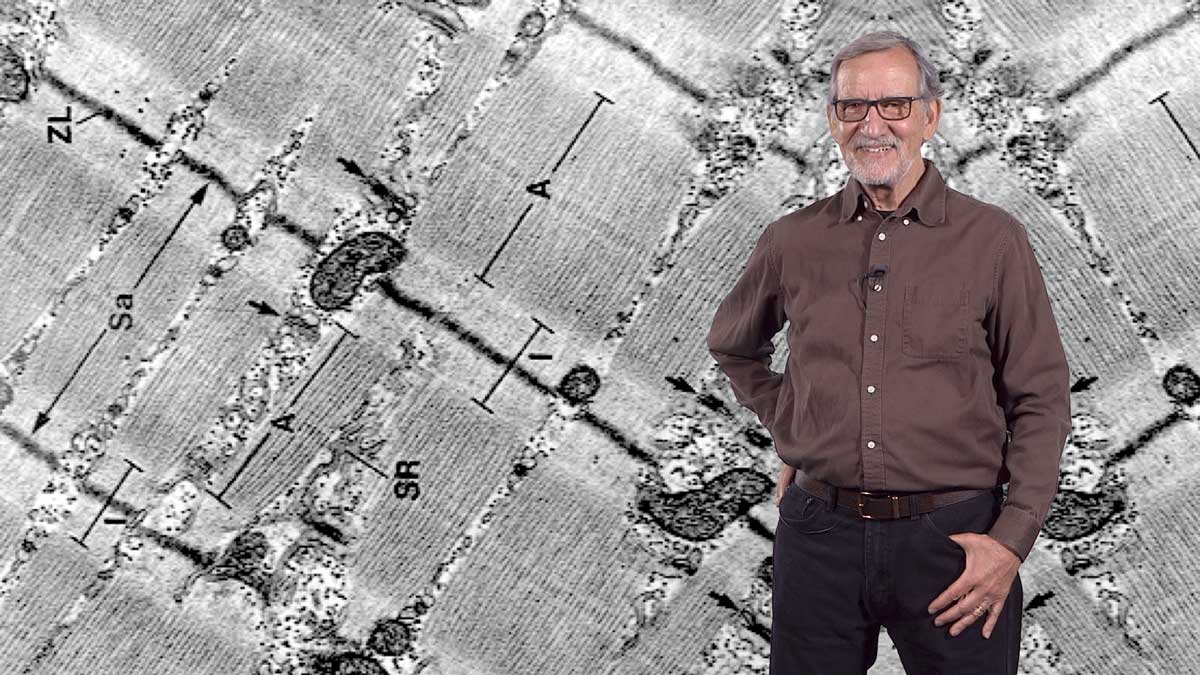
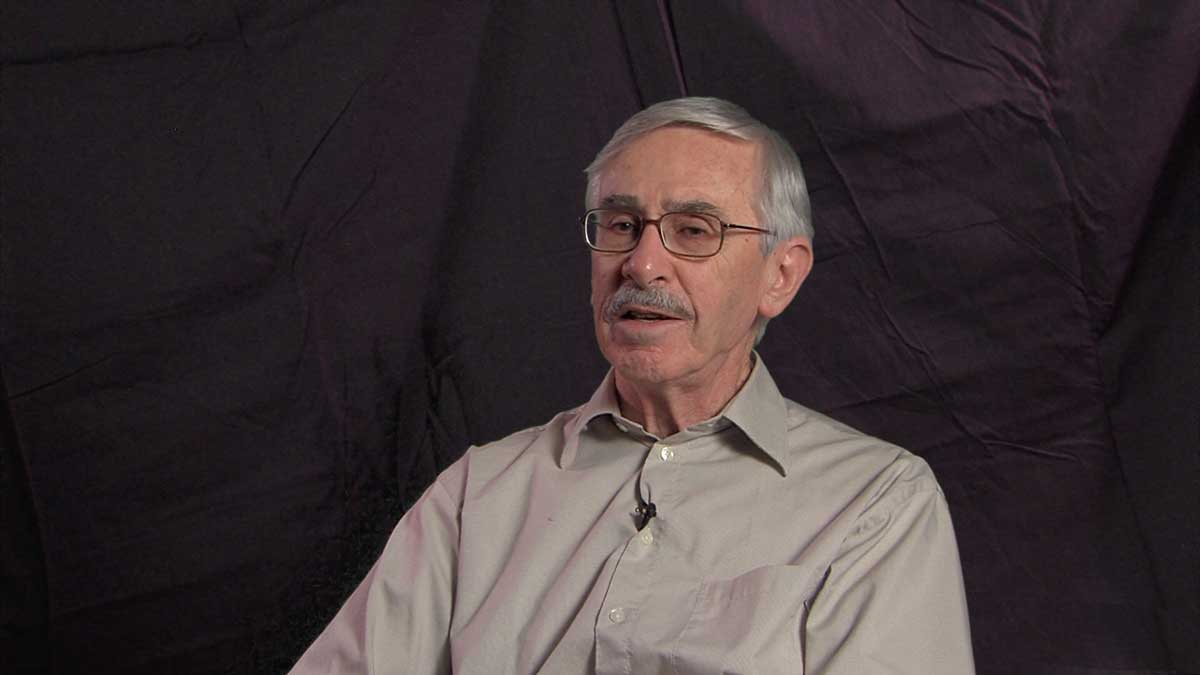
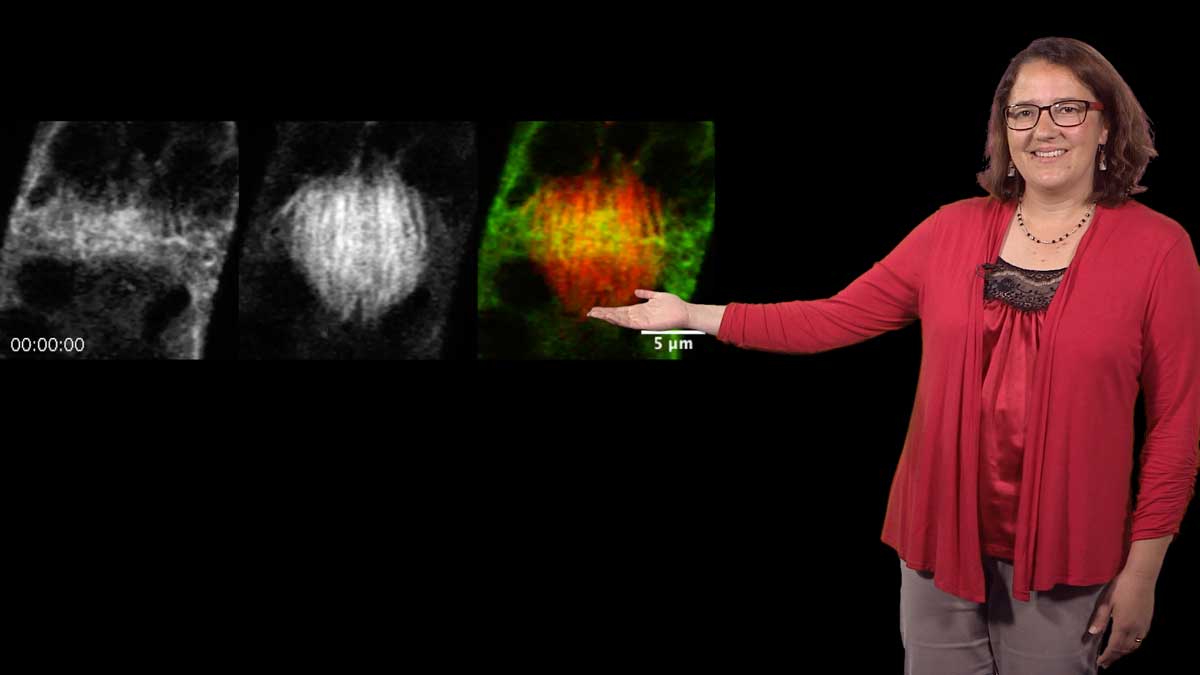





JZS says
Very nice talking that inspires me a lot. I am a students recently started in cell biology. Thanks Prof. Drubin and hope to gain more knowledge from your work.